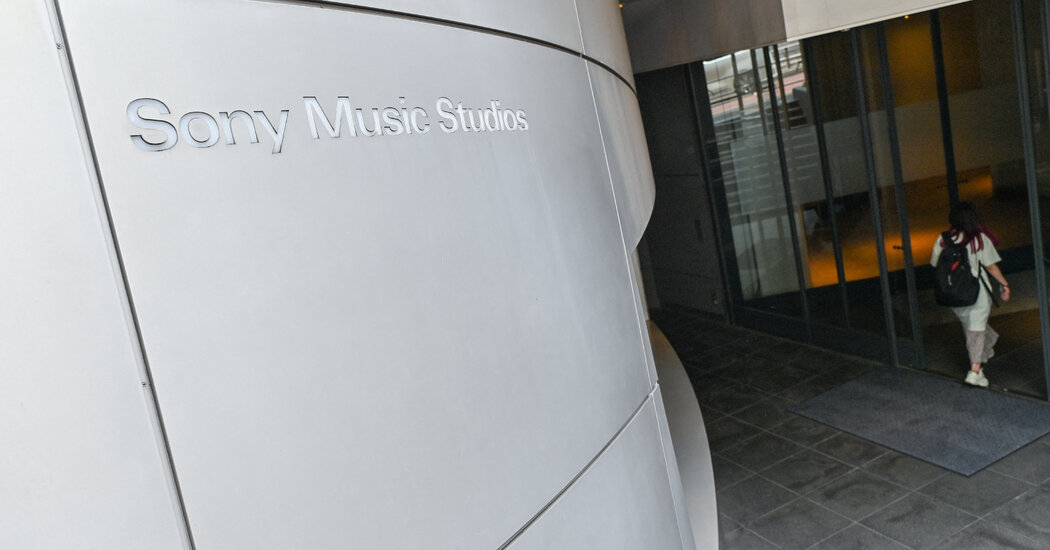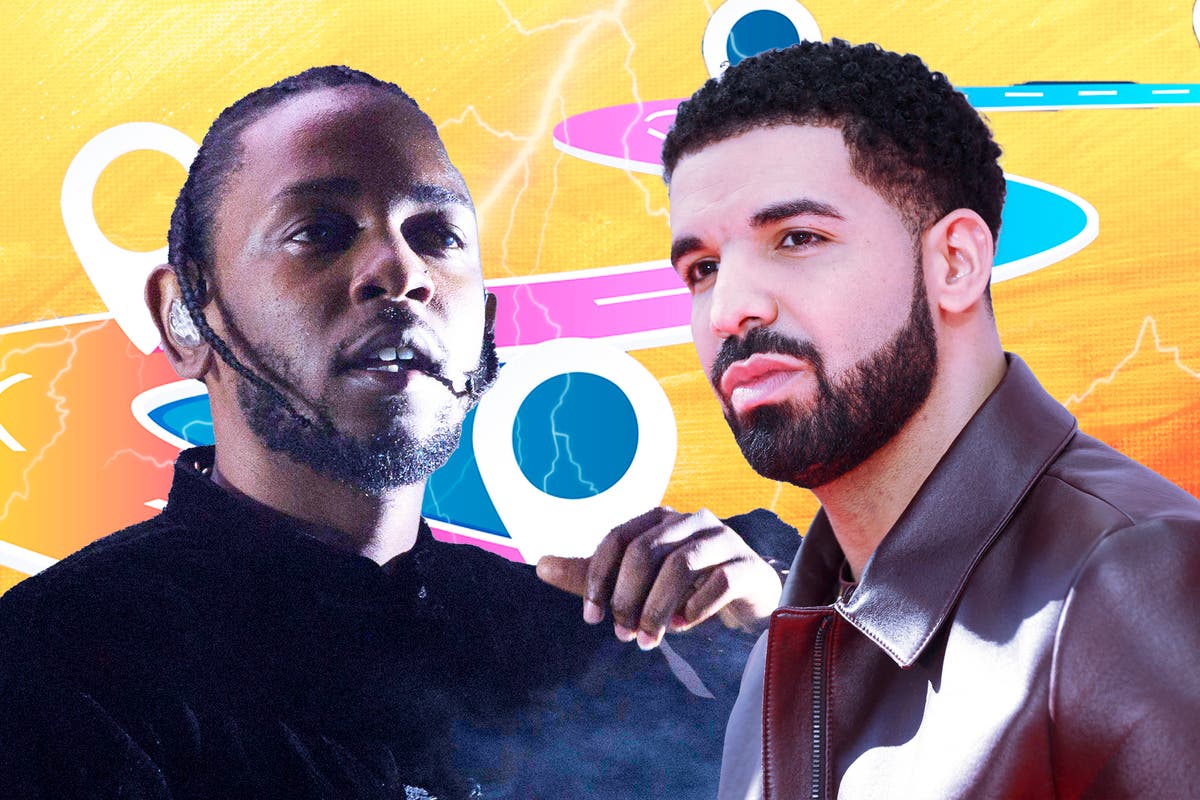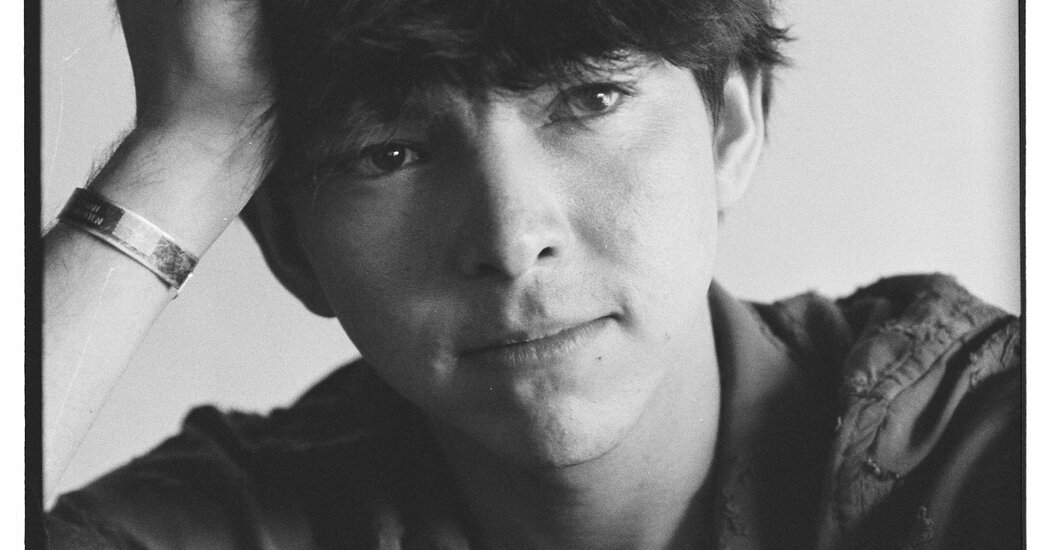Major record labels including Sony, Universal and Warner Group sued two digital music production companies on Monday, accusing them of using copyrighted sounds and songs to train the artificial intelligence that powers their businesses.
The two companies being sued, Udio and Suno, allow users to create songs almost instantly by submitting text commands, much in the same way that AI services like Midjourney generate images based on text prompts.
The power of artificial intelligence is disrupting numerous industries, and companies that can harness the technology can reap financial benefits. But music industry plaintiffs argue in the lawsuit that the songs produced by these artificial intelligence companies are only possible because the systems were trained on the vast intellectual property rights owned by the plaintiffs.
“The basis of its business is the unauthorized exploitation of copyrighted sound recordings,” the federal court lawsuit against Udio and Suno states.
“Building and operating a service like Udio requires copying and ingesting large amounts of data from the outset to ‘train’ software ‘models’ to produce output,” one litigator said. “Especially for Udio, the process involved replicating decades of the world’s most popular recordings.”
The lawsuits ask the court to declare that the companies violated copyrights and allocate damages.
“These are cases of direct copyright infringement involving large-scale, unauthorized copying of phonograms,” Ken Doroshow, chief legal officer of the Recording Industry Association of America, a trade group, said in a statement.
Doroshow added: “These lawsuits are necessary to enforce the most basic rules for the responsible, ethical, and legal development of generative artificial intelligence systems.”
In a statement on its website, Udio denied that its software training methods were inappropriate.
“Just like students listen to music and learn sheet music, our model ‘listens’ to and learns from large amounts of recorded music,” it said. “The goal of model training is to develop an understanding of musical ideas—the fundamental building blocks of musical expression that belong to no one person. Our system is explicitly designed to create music that reflects new musical ideas.
Suno CEO Mikey Shulman defended his company in an emailed statement.
“Our technology is transformative; it’s designed to produce entirely new outputs, not to remember and regurgitate pre-existing content,” Shulman said. Users can’t ask Suno’s software to create something, he added. Mention specific artists.
“Suno is built for new music, new uses and new musicians,” said Schulman. “We value originality.”
The new lawsuits echo earlier ones in the creative industries, which accused artificial intelligence companies of using materials belonging to others to train their lucrative systems.
The New York Times sued Microsoft and OpenAI, the maker of ChatGPT, claiming that millions of the newspaper’s articles were used to train artificial intelligence platforms. Photography group Getty Images used similar reasoning in its lawsuit against Stability AI.
Actress and comedian Sarah Silverman and a group of novelists including Jonathan Franzen and John Grisham filed separate lawsuits against OpenAI, accusing The company uses their work to train its system.




